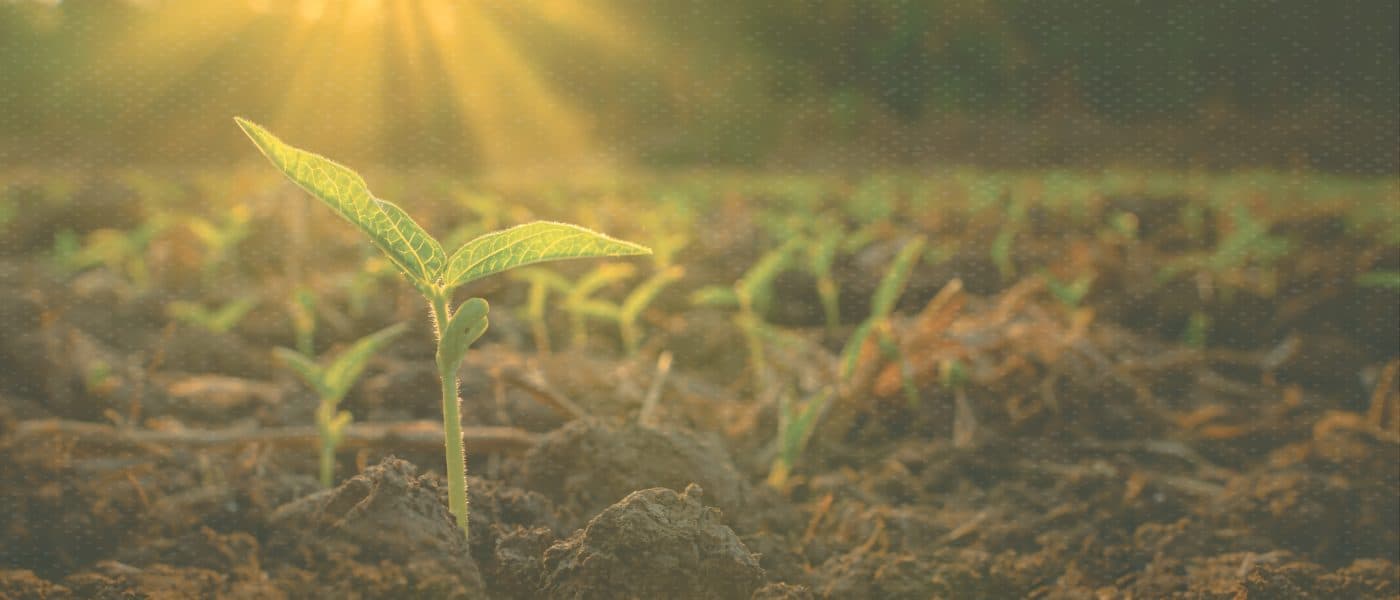Farmers face a unique set of challenges when it comes to mental health. Farm Aid, our partner organizations and dedicated farm advocates all over the country have spent decades working to confront the threats of stress, depression, substance abuse and suicide. So, it’s been encouraging to see more attention paid to the issue, including a commitment to fund the Farm and Ranch Stress Assistance Network (FRSAN) as part of the 2018 Farm Bill.
Additionally, more media coverage (such as a recent article from the Wisconsin State Journal, or this piece in The New York Times) is expanding the public’s understanding of how farm families deal with mental health, especially during the current farm crisis. Now Psychology Today is adding to that understanding with a new article built from interviews with Farm Aid staff and a Connecticut farmer, which took place at Farm Aid 2018 in Hartford, CT.
Joe Greenbacker of Brookfield Farm in Durham, Connecticut (who was part of the Farm Aid 2018 press event and can be seen in this video), talks about the isolation farmers can feel and explains how it’s more than just a job; it’s an identity.
“I grew up on a farm. As I grew up, I always wanted to be a farmer … And I’m 69 now and we’ve been doing it our whole life. And even though we recently sold our cows, I still consider myself a farmer, and probably always will … One thing that is different is that farmers tend to work by themselves. And it’s not like working for some big company. Even though there’s family nearby, there’s large sections of the day working by myself. There’s a lot to think about when you’re riding the tractor by yourself. What’s the milk check going to be this month? Am I going to be able to pay my bills? Harvest time is generally a very stressful time.”
Farm Aid’s farmer advocate, Joe Schroeder explains his approach on talking to farmers on our hotline every day:
“They never ask me for money … Farmers don’t want money. They’re not asking for a handout. And I think that’s unique. They want to know how they can fight the bank. They want to know how they can work harder to get out of their scenario. They’re not looking for an easy way out. They call embarrassed. It’s a brick wall until I start breaking it down … Asking a farmer about their finances is akin to asking someone what happens in their bedroom. They can tell I’m concerned about them. And that means something—it changes the dynamic. It shifts their energy and they open up. And they realize they haven’t talked to anybody about this. That process will often get them out of that mindset … You have to be genuine, you have to be there. You have to make sure they understand you’re there for them. If they call me, we’ve already broken through that isolation.”
Carolyn Mugar, Farm Aid’s executive director, builds on that idea:
“Right now, farmers need to know that they’re not alone—that their fellow farmers are experiencing the same thing. There’s so many ways of taking that first step. But ultimately what will make a difference is people realizing that they are not at fault—that this is a systemic problem, that farmers are not being treated fairly. And once you get people turned around that they can do something about it … People working together to bring about a change is what it is. Our whole tenet is that we must come together to bring about change, and you give people the ability to see that.”
Resources for Farmers in Crisis
Whether you’re a beginning or established farmer you can call our farmer hotline. Our Farmer Services team is here to listen and to help point you towards helpful resources that match your needs. You can fill out our Request for Assistance Form, or if you want to talk to someone directly, give us a call at 1-800-FARM-AID (1-800-327-6243). We answer the hotline Monday through Friday from 9:00 a.m. to 10:00 p.m. eastern time, and 6:00 a.m. to 7:00 p.m. western time.
If you are considering suicide, please call the National Suicide Prevention Lifeline to talk to someone at 1-800-SUICIDE (784-2433).
Further Reading
Farm Aid’s farmer advocate Joe Schroeder added his voice to a powerful conversation on The Young Farmers podcast about farmer suicide.
The 2018 Farm Bill includes funding to increase rural mental health resources for farmers.



